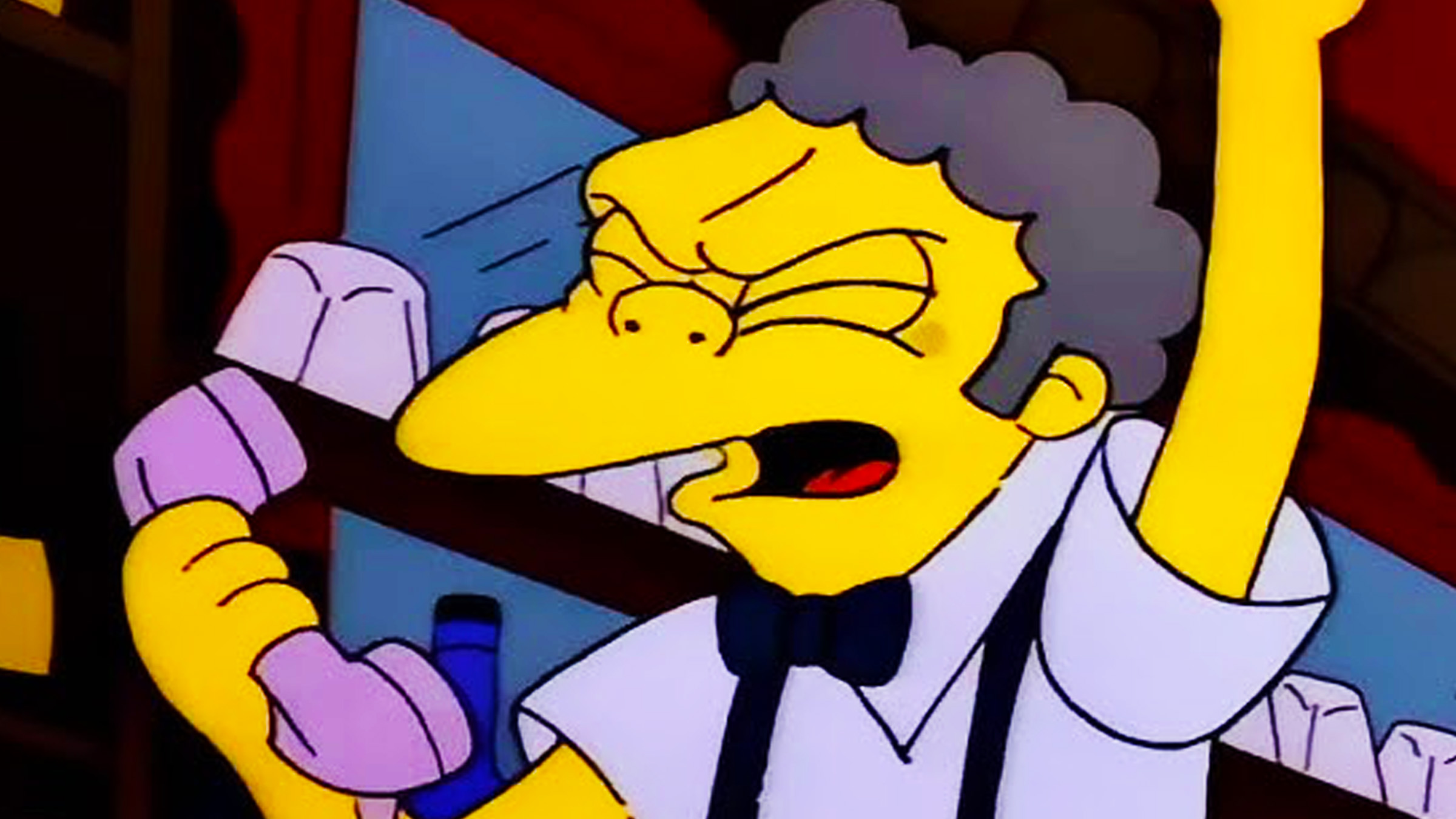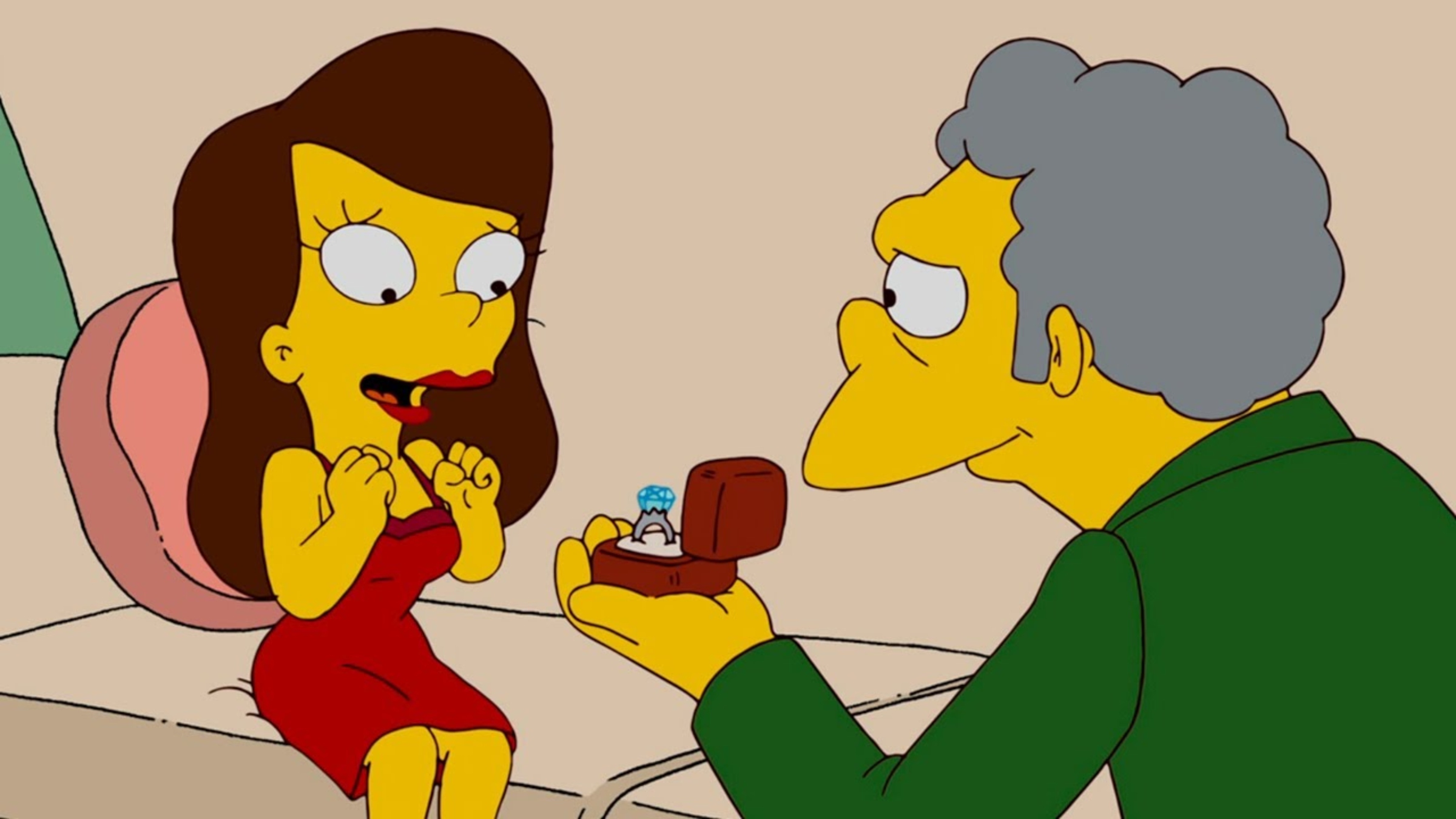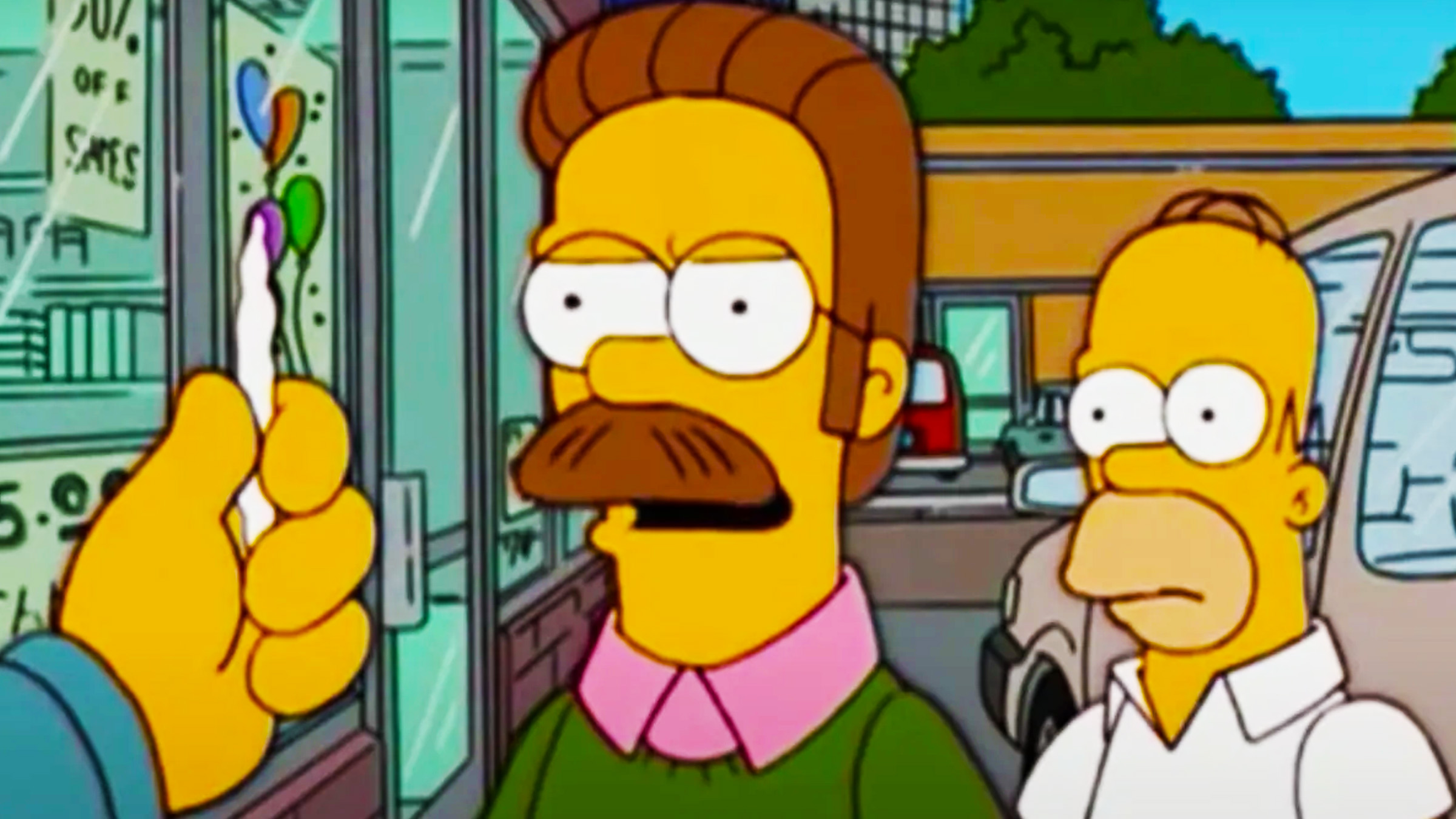
For a long time, The Simpsons was considered a television masterpiece. Its best years, generally seasons 3 to 9, were a wonderful mix of humor and heartfelt moments. Each character in Springfield felt fully developed, even while the show offered sharp social commentary. But over the years, even with a recent renewal through season 40, the show has lost some of its depth. Many favorite characters have become caricatures of their former selves, and some are now difficult to watch because they lack the personality we once loved.
These beloved characters from The Simpsons have changed a lot over the years. Once friendly and intelligent, they’ve become narrow-minded and preachy. Lately, they seem to represent the worst and simplest parts of our society, often feeling more like quick social media posts than the well-developed people we used to enjoy. Like many long-running shows, The Simpsons has run out of fresh ideas, and these characters have suffered the most from that lack of creativity.
3) Moe Szyslak

During its first few seasons, Moe was a surprisingly effective part of The Simpsons. He was a rough, often grumpy character who owned the town’s rundown bar. He spent his days dealing with Bart’s constant pranks and occasionally scaring customers, but he also had a strangely appealing sadness as he just tried to get through each day. Viewers could connect with his bitterness, and episodes like “Flaming Moe’s” showed a softer side, making him a more complex and memorable character.
Starting in the late 1990s, Moe’s character changed drastically. He lost his original spark and became a pathetic, unlikeable figure. Instead of being a grumpy but relatable bartender, he was reduced to a boring example of loneliness. Under Al Jean’s direction, Moe’s storylines focused heavily on unsuccessful dates and jokes about suicide. He went from a complex, cynical character many could identify with when feeling down, to simply a source of easy, sad jokes.
2) Ned Flanders

Okay, let me tell you about Ned Flanders. When The Simpsons first introduced him, he was a genuinely fantastic character. Before he became mostly a source of jokes, he really balanced out Homer. He was sincerely religious and a genuinely nice guy, but never in a preachy or annoying way. He was the perfect foil to Homer’s laziness and bad attitude. Episodes like “When Flanders Failed” and “Homer Loves Flanders” really showed what made him special – a sweet, religious neighbor who wasn’t a bad person for it. He just felt…good, and that was a surprisingly effective dynamic for the show.
Eventually, Ned Flanders became an irritating and self-righteous fanatic. He constantly judges others, lectures them on morality, and is mostly used for simple jokes about religion. The clever, nuanced satire of his earlier character was replaced by a harsh and unpleasant stereotype. His transformation was so disliked that the term “Flanderization” emerged as slang to describe when a character’s personality becomes overly simplified, defined by just one or two traits. It’s sad to think how far this once kind and gentle neighbor on Evergreen Terrace has fallen.
1) Lisa Simpson

When The Simpsons was at its best, Lisa was the show’s moral center and most relatable character. She was a bright, kind child trying to maintain her goodness and curiosity in a world that didn’t often encourage those qualities. Episodes like “Lisa’s Substitute” and “Moaning Lisa” perfectly showcased her intelligence, highlighting both its advantages and the challenges it presented. Lisa was a flawed but idealistic character, making her one of the most human figures on the show.
Over time, Lisa’s thoughtful and intelligent character has become overly preachy. She now spends more time telling others what to do than actually learning, and comes across as self-righteous and arrogant – a one-dimensional portrayal of a young person with strong beliefs. This is especially disappointing because it also affects the whole Simpson family. The sweet interactions between Lisa and Bart are rare now, and the family feels disconnected, like everyone is living their own separate story. With Lisa so changed, the show has lost much of its warmth and heart.
Despite its recent decline, we’re fortunate to have enjoyed The Simpsons at its peak. It’s hard for any show to consistently reach that level of quality, but the classic episodes from the early 1990s remain just as funny and enjoyable today.
Okay, let’s talk The Simpsons. Seriously, who do you think the show absolutely destroyed with its satire? I want to hear your picks! Head down to the comments and let’s debate it all over at the ComicBook Forum – the discussion is happening now!
Read More
- How to Get the Bloodfeather Set in Enshrouded
- The Best Members of the Flash Family
- Best Controller Settings for ARC Raiders
- The Pitt Season 2, Episode 7 Recap: Abbot’s Return To PTMC Shakes Things Up
- 4 TV Shows To Watch While You Wait for Wednesday Season 3
- Every Targaryen Death in Game of Thrones, House of the Dragon & AKOTSK, Ranked
- Goat 2 Release Date Estimate, News & Updates
- Where Winds Meet: How To Defeat Shadow Puppeteer (Boss Guide)
- One of the Best EA Games Ever Is Now Less Than $2 for a Limited Time
- Best Thanos Comics (September 2025)
2025-10-25 20:10